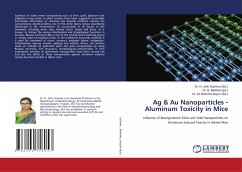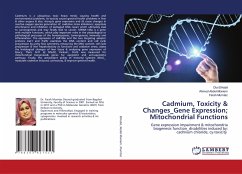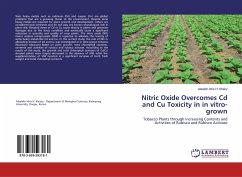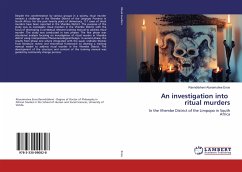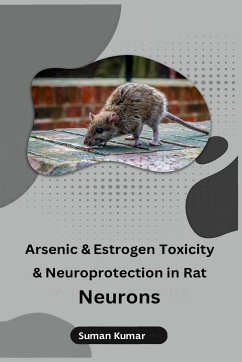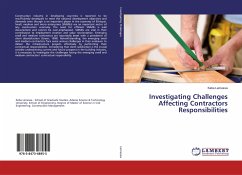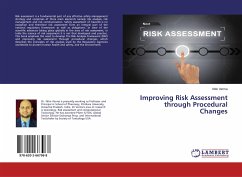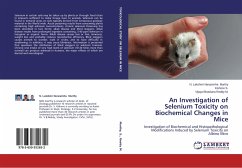
An Investigation of Selenium Toxicity on Biochemical Changes in Mice
Investigation of Biochemical and Histopathological Modifications Induced by Selenium Toxicity on Albino Mice
Versandkostenfrei!
Versandfertig in 6-10 Tagen
58,99 €
inkl. MwSt.

PAYBACK Punkte
29 °P sammeln!
Selenium in certain soils may be taken up by plants or through food chain in amounts sufficient to make forage toxic to animals. Selenium can be found in semiarid areas on soils typically derived from Cretaceous geologic material in the World wide. Acute poisoning results from consuming plants containing high selenium concentrations, chronic selenium Poisoning has been described in two forms: alkali disease and blind staggers. Alkali disease results from prolonged ingestion containing, 5-40 ppm selenium in inorganic or organic forms. Alkali disease causes loss or hair, lameness, weight loss an...
Selenium in certain soils may be taken up by plants or through food chain in amounts sufficient to make forage toxic to animals. Selenium can be found in semiarid areas on soils typically derived from Cretaceous geologic material in the World wide. Acute poisoning results from consuming plants containing high selenium concentrations, chronic selenium Poisoning has been described in two forms: alkali disease and blind staggers. Alkali disease results from prolonged ingestion containing, 5-40 ppm selenium in inorganic or organic forms. Alkali disease causes loss or hair, lameness, weight loss and probably reduces reproductive efficiency. Blind staggers causes animals to wander, walk in circles, and to have difficulty in swallowing; in addition, it may cause blindness. Information is presented that questions the attribution of blind staggers to selenium toxicosis. Chronic oral intake of very high levels of selenium (10-20 times more than normal) can produce selenosis in humans, the major effects of which are dermal and neurological.



